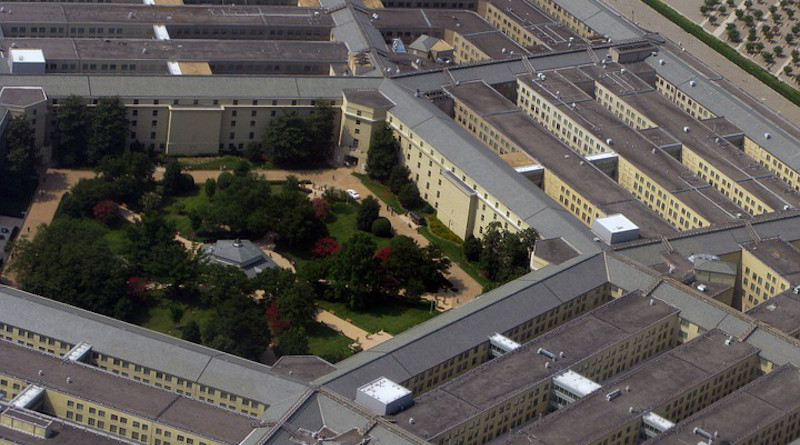US Intelligence Agencies Playing Mantra Orchestrated By Military Complexes – OpEd
I have often raised this point that the US foreign policy is driven by ‘military complexes’. The survival of these conglomerates is dependent on internal conflicts and proxy wars, often created and proliferated by the US intelligence agencies.
If presence of weapons of mass destructions in Iraq was the biggest joke of the century, Iran getting ready to attack United States is another point to laugh. If you don’t agree with me read the highlights of ‘The Annual Threat Assessment Report’.
According to The Annual Threat Assessment Report – 2021 prepared by the office of the US Director of National Intelligence (DNI) and sent to Congress three major threats have been identified. These are: 1) China’s push for global power, followed by 2) Russia’s provocative actions and 3) threats from Iran.
DNI’s annual threat assessment reports are shared with congressional intelligence committees as well as the committees on the Armed Services of the House of Representatives and the Senate.
While assessing possible threats from South Asia, the report warned that “under the leadership of Prime Minister Modi India is more likely than in the past to respond with military force to perceived or real Pakistani provocations.”
The report noted that heightened tensions in the region raise the risk of conflict between the two nuclear-armed neighbors, with violent unrest in Kashmir or a militant attack in India being potential flashpoints.”
The report also said that a general war between India and Pakistan during 2021 was unlikely, but crises between the two are likely to become more intense, risking an escalatory cycle.”
Another US intelligence report to Congress, released last week, had warned that India and Pakistan could go to a war in the next five years over real and perceived provocations.
The report pointed out that some regional conflicts – such as the fighting in Afghanistan, Iraq and Syria – had “direct implications for US security,” while “tensions between nuclear-armed India and Pakistan remain a concern for the world.”
The report assessed the prospects for a peace deal between the Afghan government and the Taliban in 2021 as low. The Taliban are likely to make gains on the battlefield, and the Afghan government will struggle to hold the Taliban at bay if the coalition withdraws support, the report predicted. It also noted that Kabul continues to face setbacks on the battlefield, and the Taliban are confident they can achieve military victory.
Commenting on Iran’s role in Afghanistan, the report said that “Iran will hedge its bets in Afghanistan,” adding that “Iran publicly backs Afghan peace talks, but it is worried about a long-term US presence in Afghanistan.”
As a result, “Iran is building ties with both the government in Kabul and the Taliban so that it can take advantage of any political outcome,” the report added.

